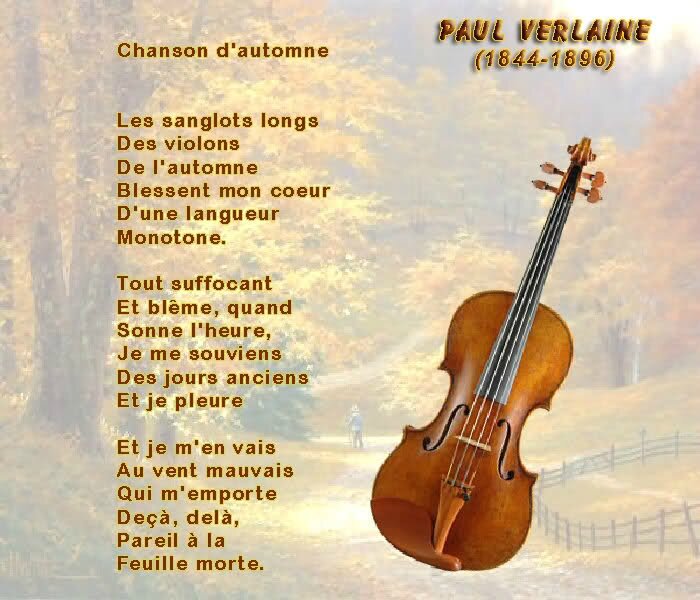

(1-3, 4-6, 7-9, 10-12) and in the following cases the logical divisions may be recognized with almost the same certainty: Ps. Are the logical divisions of a poem signs of a strophic organization? Without doubt the progressive development of the thought is clearly discernible in Ps. Nevertheless it may be questioned whether a further extension of the strophic formation in Hebrew poetry may be recognized from any other peculiarities. In parts of these poems line may succeed line, just as, for instance, in many poetical works of the Greeks, the hexameters follow each other, in uninterrupted succession. However, not the whole of the poetical part of the Old Testament is in this sense strophic.

cxix., where the same letter introduces every group of eight lines. iii., where every three lines begin with the same letter and Ps. and xxxvii., where each two lines are connected Lam. Another sign of the strophic arrangement of the poem is the succession of the initial letters in the following alphabetic poems: Ps. the refrain, "Incipe Mænalios mecum, mea tibia !" in Vergil, "Ecloga," viii. cxxxvi., every second line (stichos) is identical, and the same refrain, "For His mercy endureth for ever," is met with fourteen times in the newly discovered Sira text ("The Wisdom of Ben Sira," ed. 370 et seq., cites other poems in which this special kind of epanalepsis occurs, though only sporadically: II Sam. Philippson, in his "Kommentar zu den Psalmen" (1856), pp. Such identical, or similar, phrases, marking the end of the symmetrical parts of a poem, may be called refrains similar instances are met with in Ps. (verses 8 and 12): " Yhwh Sebaoth is with us the God of Jacob is our refuge." In the last example cited two sections of four verseseach are terminated by this formula, while the preceding part contains only three verses accordingly it has been suggested with good reason that, originally, the same confession of faith stood after verse 4 also. (5): "Why art thou cast down, O my soul? and why art thou disquieted within me? For I shall continually praise Him who is the health of my countenance, and my God" Ps. (end of verses 6 and 12 ): "Every man is but vanity" Ps.

Certain evidence points to the occurrence of strophic formations in poems of old Hebrew literature for instance, a number of passages in Psalms contain phrases which are repeated at the end of a regular number of verses: Ps. The strophe may be defined as a union of several lines into one rhythmic whole.


 0 kommentar(er)
0 kommentar(er)
